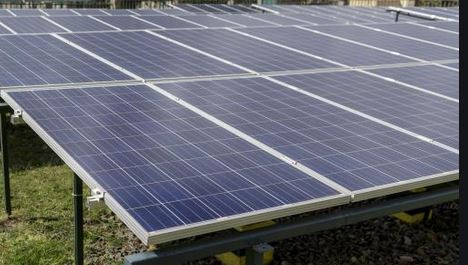×
The Standard e-Paper
Kenya’s Boldest Voice

Over the past decade, the uptake of solar PV technologies in Kenya, and across most countries in Africa, has moved from predominantly donor-based models of service provision towards market-based diffusion models.